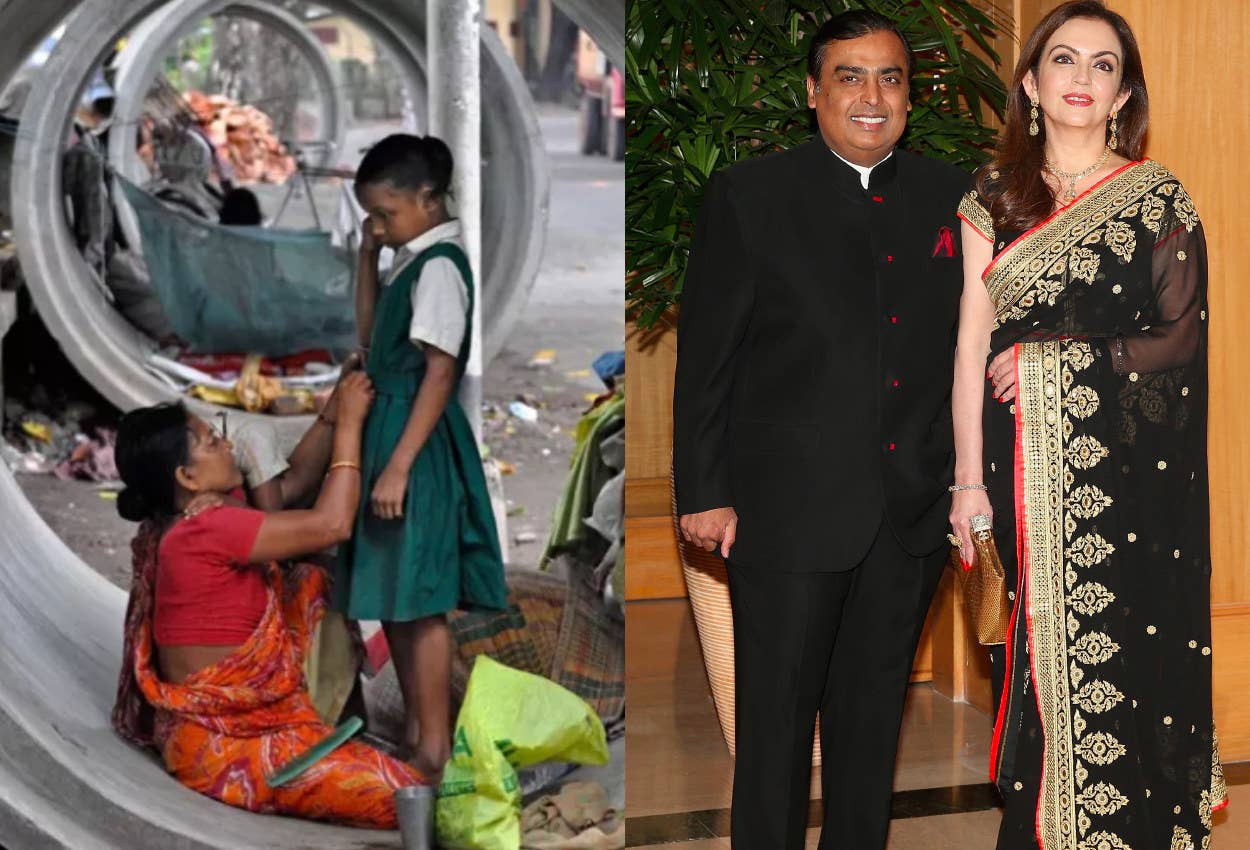
BuzzFeed India recently published a quiz titled “How Privileged Are You?”. Over 400,000 people accessed the quiz and consequently, it generated a fair amount of discussion on social media. Some criticized it for not going far enough while others appreciated it for initiating a discussion on an important topic.
While the reaction to the quiz can be considered evidence that the concept of privilege has gained some currency in India, it also showed that many people, including the authors of the quiz, actually have a superficial understanding of how privilege operates in the real world.
The idea of reducing people’s complex reality to a number is, in fact, inherently flawed.
In a Facebook discussion recently, a senior journalist said the following to a Dalit-Bahujan woman with an apparently well-to-do family background: “Not going hungry for over a year is privilege. Not having to scrounge around to make a living is a privilege. Being able to post incessantly on Facebook is a privilege.”
While his assessment of what counts as privilege might be accurate within the realm of common sense, this is not how the term is used in social justice discourse.
Consider the fact that you are likely to have greater access to food if you are born into an upper caste. You are more likely to get a call for an interview if you are not a Muslim or a Dalit. You are more likely to have access to the Internet if you are a man.
Having access to food, employment and the Internet are not privileges in the same sense as having the right kind of attributes (upper caste, Hindu, male). The former advantages accrue from one’s privileged position but aren’t inherent to the definition. It is wrong to discuss them without first talking about the underlying layer of real privilege.
Contrary to popular perception, privilege is not about an individual in isolation. The average person is embedded in multiple structures and those structures can either enable or restrict.
Quite often, the same structure that bestows advantages on a certain group of individuals restricts the freedom and opportunities of another group. For example, while patriarchy gives undue advantages to men, it hinders women from realizing their full potential. The benefits that accrue to men are directly at the cost of women’s freedom.
"If privilege is interpreted as 'unearned advantage', it tells you only half the story. The untold part is that the underprivileged paid for the unearned advantage."
Lot of people either don’t understand or underplay the role that social apparatus plays in bringing the categories of privileged and underprivileged into existence in the first place. Therefore, when activist and writer Kuffir Nalgundwar says that privilege is a chaalu term, he is not wrong. He writes, “It [privilege] doesn't encapsulate history enough while pretending to be concerned with it and erases most of the present by bringing all focus on this or that 'privileged' individual, instead of the group as a whole.”
He further argues, “If privilege is interpreted as 'unearned advantage', it tells you only half the story. The untold part is that this unearned advantage was gained through expropriating concrete assets from those who 'lack privilege'. That the underprivileged paid for the unearned advantage. The discourse of privileges converts this antagonistic relationship into one of inequality. This has two insidious purposes. One, it places both groups, who are antagonists in reality, on one ground, thus introducing the suggestion that they're equal participants, and the only difference between them being one of degree: one is taller, another is shorter, one went to an elite school, while the other went to a government school and so on. All differences become relative differences.”
Nalgundwar hits the nail on its head when he says that the relationship between privileged and underprivileged is antagonistic. If the goal of talking about privilege is to change the society for better, one needs to talk about privileges that accrue to entire groups and not individuals, and also at the cost of which other groups.
If Brahmins had not actively exploited Bahujan labour and cornered resources, they wouldn’t be a privileged group. The same is true of men in relation to women.
Injunctions and punishments are necessary to keep this oppression going. Hence the denial of education to women and Shudras till Christian missionaries started schools in British India.
The basis of oppression is material but with a great deal of ideological embellishment. The two are so intermeshed, it is not easy to delineate them. When women are married off to men of their parents’ choice, the act is an excellent union of material reasons with ideological norms.
Privileged groups design the society positioning themselves on the pedestal as the ideal to aspire to. In the caste system, Brahmin is the ideal. In patriarchy, a cisgendered man is the ideal. When it comes to sexuality, hetero is the ideal. The groups which don’t belong to these identities are outsiders and hence underprivileged (to a greater or lesser degree, depending on one’s distance from the ‘ideal’).
Our problems are social and the solutions also lie in social, not individual, action.
A useful discussion about privilege would be one that isn't used to score points against one another. It would instead perform the important function of making one aware of one’s social location and make one reflective, especially if one belongs to the privileged category.
The aim should be to go beyond looking at individuals in isolation and recognize the enabling environment that makes one privileged. Our problems are social and the solutions also lie in social, not individual, action.

